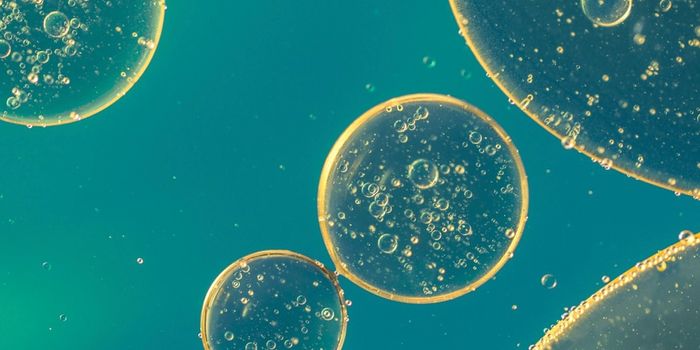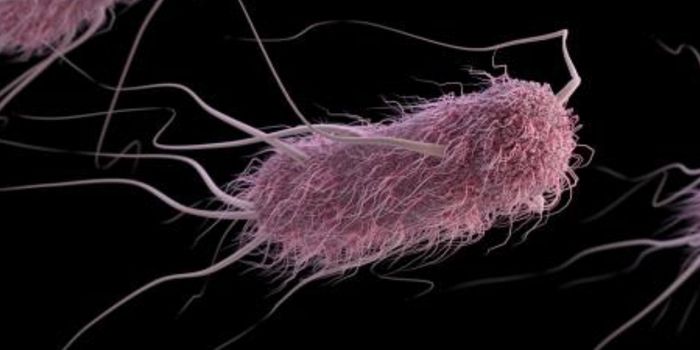Researchers from Augusta University found that E. coli helps curb a sweet tooth.
The group found that, in mice, administering E. coli lipopolysaccharide (LPS) into the gut caused mice to lose their desire for sweets. They think that LPS may play some role in regulating the satiety hormone leptin.
Gram-negative LPS consists of a lipid component covalently linked to a polysaccharide component called the O-antigen. The lipid portion, called lipid A, is bound to the bacterial outer membrane. LPS gained fame for its ability to stimulate a robust immune response by activating toll-like receptor 4 (TLR4) - just one of the reasons bacteria can make you sick.
The type of LPS these researchers used is called “detoxified” LPS. This version lacks the fatty acids that are attached to lipid A and produces a less potent immune response.
For their studies, the group administered LPS to mice and found that leptin levels increased within 15 hours. At the same time, the number of sweet receptors on the tongue decreased. Interestingly, LPS only affected how the mice tasted sweets - their perception of salty foods remained unchanged.
Leptin is produced by fat cells and makes us feel full. If mice are not able to produce leptin, they become obese. Thus, these findings could reveal new ways of regulating leptin levels to treat obesity.
According to study author Lynette McCluskey, “in our field, we are starting to think about how hormones and different factors affect the taste system, even at the level of the taste buds, and contribute to obesity … identifying the taste, whether it's sweet or not, is the first step in feeding. We wanted to know if you change the environment in the gut, what happens to the taste system”.
These findings will be presented at the Association for Chemoreception Sciences Annual Meeting.
Sources: Association for Chemoreception Sciences Annual Meeting,
EurekAlert, Wikipedia









